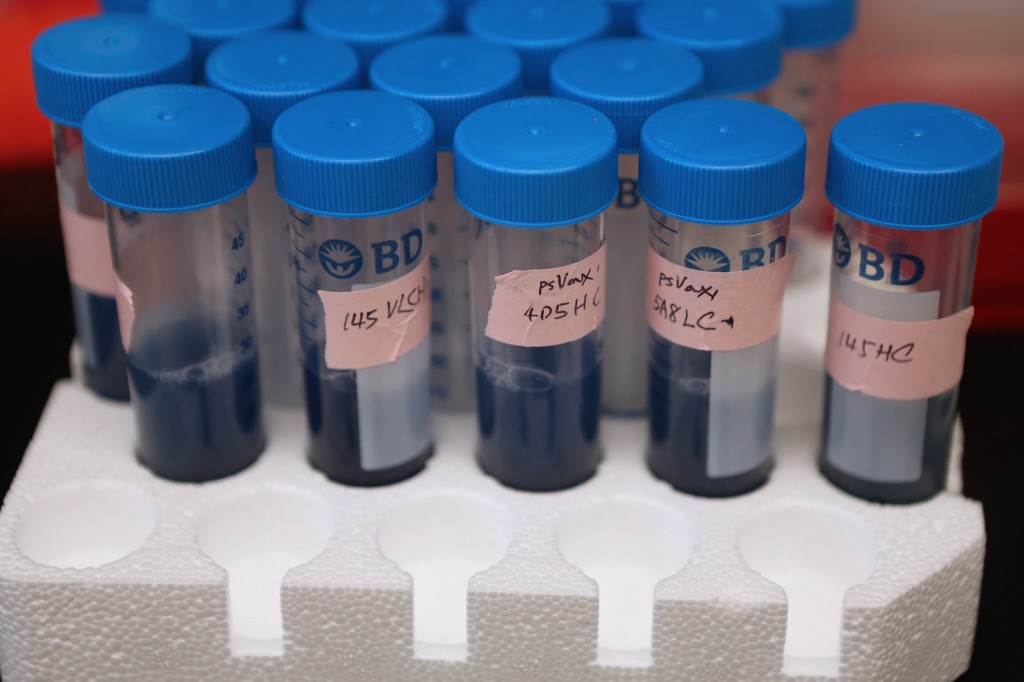New research from a team led by CHIPTS Policy Director and Public Policy research professor Arleen Leibowitz shows that local health jurisdictions were able to maintain HIV testing near to pre-recession levels despite a substantial reduction in funding during California’s budget 2009 crisis.
As a direct result of state budget cuts that eliminated state funding for HIV prevention and testing, the number of HIV tests administered by California’s public health agencies declined dramatically between 2009 and 2011, the researchers write in the journal Heath Affairs, The state targeted the remaining federal allocation for HIV prevention to the 15 counties (other than Los Angeles and San Francisco) with the greatest prevalence of HIV/AIDS. Counties with lower HIV/AIDS prevalence lost all their state support and saw the number of publicly funded tests plummet by 90 percent. Although testing dropped precipitously, HIV diagnoses fell by a much smaller amount. The 90 percent drop in testing in low-burden areas from 2009 to 2011 resulted in a decline in new diagnoses of only 15.7 percent in those counties. New cases of HIV/AIDS “declined by 6.7 percent in high-burden jurisdictions, despite the fact that their HIV prevention funding was halved and the numbers of HIV tests supported by public funds fell by 19 percent,” the researchers write.
The level of new diagnoses remained high because public health officials responded nimbly to the elimination of state funding, the researchers report. “By targeting the remaining federal resources to the most affected areas and allowing local jurisdictions the flexibility to allocate support to the most effective strategies and the populations at highest risk,” the state reduced the impact of the cuts, Leibowitz said.
“Across-the-board cuts would have resulted in delivering many fewer tests and identifying smaller numbers of new HIV/AIDS cases,” she added.
Although the agencies were able to mitigate the impact of the cuts, prevention activities were still reduced. Agencies were forced to scale back or eliminate risk-reduction and education programs, restructure program staffing, and seek external funding for testing and operations. In the sea of red ink, public health officials clung to a raft of testing regimens above other prevention methods.
“HIV testing is a crucial first step in identifying people living with HIV, who can then begin treatment to maintain their health,” Leibowitz said. “Treatment is also a key prevention strategy because it dramatically reduces transmission of the virus to others.” Even with the increased emphasis on testing, however, the reduced funding pool meant that “fewer than 520 Californians a year were not informed that they had been infected with HIV,” the researchers write.
Now that California’s budget outlook is improving, HIV testing should be strengthened and expanded, Leibowitz said. “California’s improved fiscal situation could allow for restoring resources for free, publicly-funded HIV testing, so necessary to the ‘HIV treatment as prevention’ strategy,” she said.
The article, “HIV Tests And New Diagnoses Declined After California Budget Cuts, But Reallocating Funds Helped Reduce Impact,” appears in the March 2014 issue of Health Affairs. Leibowitz’s coauthors are Karen Byrnes, Adriane Wynn and Kevin Farrell of UCLA’s California HIV/AIDS Policy Research Center. Support came from the UCLA Center for HIV Identification, Prevention, and Treatment Services, which is funded by a grant from the National Institute of Mental Health. The California HIV/AIDS Research Program and the UCLA AIDS Institute also sported this research.
View the briefing by clicking here:
http://www.healthaffairs.org/events/2014_03_11_hiv_aids/
http://luskin.ucla.edu/news/public-policy/flexible-response-calif-budget-crisis-preserved-hiv-testing
http://content.healthaffairs.org/content/33/3/418.abstract
Alex Boekelheide
(“Buckle-hide”)
Executive Director, Communications
UCLA Luskin School of Public Affairs
310-206-0159 310-206-0159 desk
310-206-0159 desk
310-889-8275 310-889-8275 mobile
310-889-8275 mobile
Alex.Boekelheide@luskin.ucla.edu
@UCLALuskin
www.facebook.com/UCLALuskinSchool
luskin.ucla.edu


